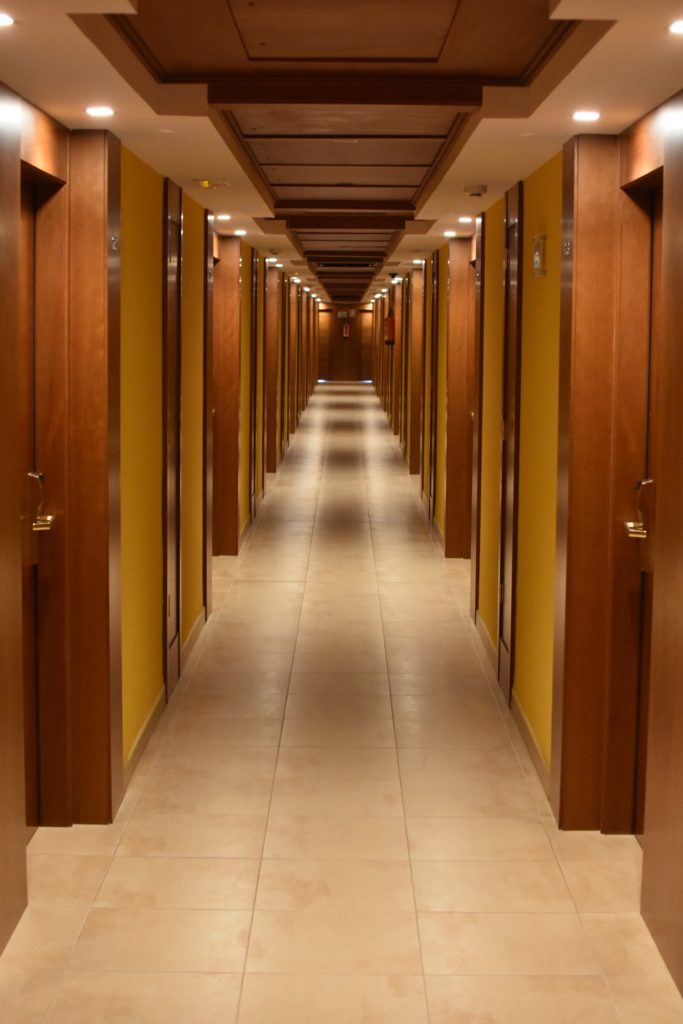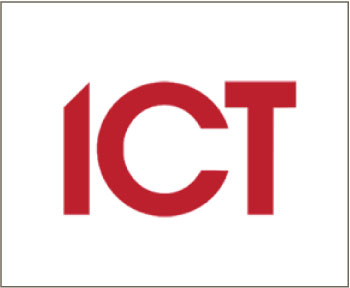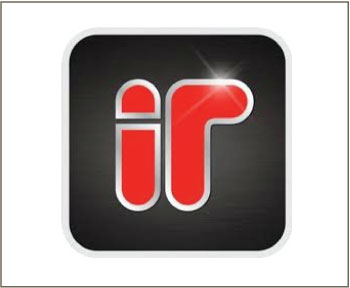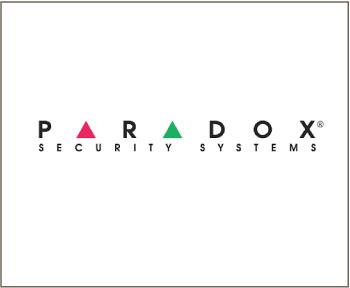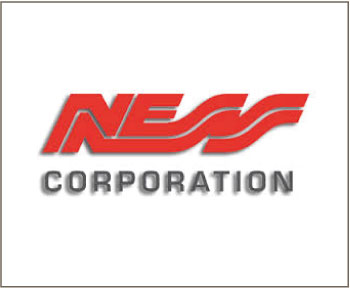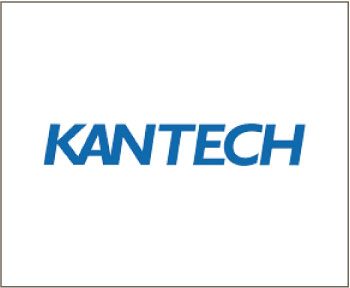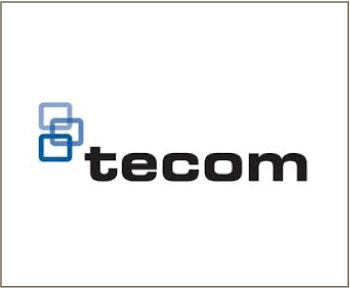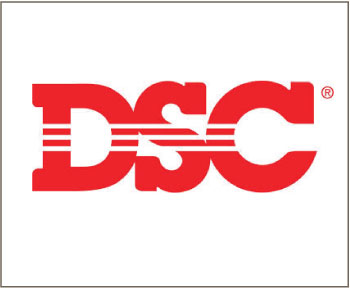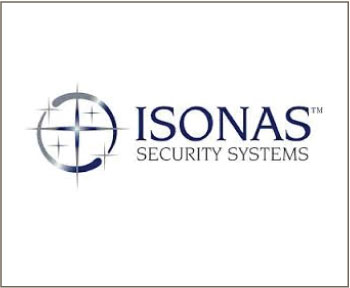Access control
As the name suggests, access control systems control and manage access.
Used primarily in commercial, industrial, apartment complexes and educational facilities, access control systems can perform a variety of functions. The level of sophistication depends on the perceived risk associated with unauthorised entry, safety concerns, production timetables, staff theft and more.
In a nutshell, access control systems control people, doors and time. In other words, which people can access which doors and at what time.
Access control systems typically comprise a mix of hardware, software, computers and designated staff to manage the system. Hardware includes electronic locks, card readers, door controllers and main controller. Software can be quite simple or a collection of specific task orientated modules.
Often access control systems in multiple buildings are managed by a single software installation. Buildings can be on the same site or across the other side of the world.
Mode of operation
The electronic access control system uses a credential to recognise the person wishing to gain access. See below for types of credentials. The credential replaces the need for a physical key to unlock the door. When access is granted, the access control system unlocks the door for a predetermined time and the transaction is recorded by the software in the access control system database. If access is refused, the door remains locked and the attempted access is recorded.
The access control system will also monitor the door and an alarm will sound if the door is forced open or held open too long after being unlocked. This alarm can be a sounder at the door, a computer generated tone at the computer or both.
Details can also be forwarded to our off-site monitoring company partner. Of course, credentials can be passed around or taken by others. This means unauthorised persons can enter the door. To help prevent this dual authentication can be used.
A dual authentication transaction, requires the credential to be supported by another means of authentication such as a PIN, a second credential, operator intervention, or a biometric input.
Means of authentication
- something the user knows, e.g. a password, pass-phrase or PIN
- something the user has, such as smart card or a key fob
- something the user is, such as fingerprint, verified by biometric measurement
- Control panel The brains of the system, powering and regulating the access control system.
- Access cards and readers Typically used to control or limit access through internal or external doors.
- Door locks Specialised locks, such as mortice, magnetic and power locks are attached to doors.
Credentials
The typical credential is an access card or key-fob. Today, smart phones can also be used on some systems. There are many card technologies including magnetic stripe, bar code, Wiegand, 125 kHz proximity, 26-bit card-swipe, contact smart cards, and contact-less smart cards. See our article on door access swipe cards for a more detailed explanation of the differences between the various card technologies.
Also available are key-fobs, which are more compact than ID cards, and attach to a key ring. Biometric technologies include fingerprint, facial recognition, iris recognition, retinal scan, voice, and hand geometry. Newer technologies such as Near field communication (NFC) and Bluetooth low energy also have potential to communicate user credentials to readers for system or building access.
